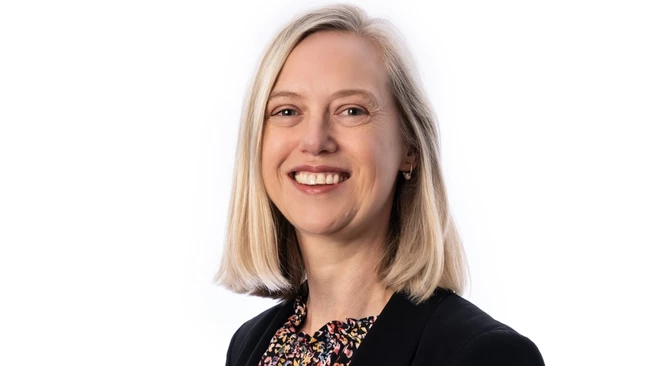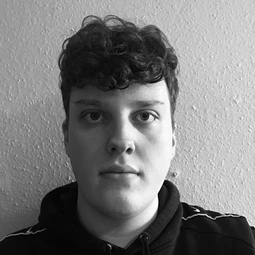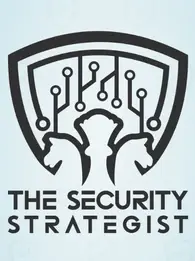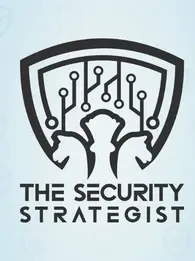
By Kirsten Scott, Account Director at Code Red
Forecasts from Cybersecurity Ventures suggests that women will represent 30% of the global cybersecurity workforce by 2025, and that will reach 35% by 2031. Whilst this is clearly a step in the right direction, more can be done.
Plenty of women still face unconscious bias in the cybersecurity industry, and organisations need to actively promote a more diverse and inclusive workplace to make the industry open to all. For example, despite 71% of women saying they have worked in a tech company with a strong ‘bro culture’, 63% of men in tech consider their companies diverse enough.
As Brenda Robb, CMO at Blackfog, comments: “When I sat down to write this, I initially wrote that I didn’t recall any significant instances of inequality or discrimination, but on reflection there have been a couple that come to mind. Perhaps petty, but I do recall being asked to step out of a customer event in Rome to buy a gift for a C-Levels wife, a task I politely declined!
“Fortunately, I have always felt comfortable when it comes to pushing back, but I understand this is more difficult for some women who have no doubt had experiences worse than mine.”
Linh Lam, CIO at Jamf, mentions a similar experience with people assuming that she was in a junior role rather than a senior.
“Unconscious Bias - I am Asian, I am short, I look younger, especially when I progressed to management roles quickly,” said Linh Lam. “I was running multi-million-dollar global programs but still being mistaken for a junior team member or spoken over.”
This unconscious bias means that women have to put twice as much effort compared to their male counterparts in order to get their ideas across. Tal Folkman, Security Researcher at Checkmarx, said: “It doesn't seem to be a specific time, but I have always felt that way. Surprisingly, not only men, but people generally think men's ideas and opinions are better than women's, regardless of their expertise in the field.
“At my previous job, I worked twice as hard as my male peers to make sure my perspective was heard by the team members and managers (unsurprisingly, all of whom were men).”
Bec McKeown, Director of Human Science at Immersive Labs, said she saw this unconscious bias whilst she was in education.
“During my time in academia, there was often a tendency for senior male professors to speak over more junior female colleagues and not allow their voices to be heard. I’m grateful now however I find myself at an organisation where diversity and inclusion is in its DNA. It’s teamwork and talent, and how someone puts it to good use that matters - nothing else.”
Whilst these are unacceptable experiences, there are also plenty of positive experiences and people to support young women coming into the industry. For example, now as CIO, Linh Lam said she takes a very important role in mentoring and supporting others around her.
“Diversity in thought and inclusion is so important, and I was fortunate to have strong allies who mentored me but also advocated for me throughout my career to help me overcome these challenges. With the tenure and position that I am now, I want to make sure I am an ally for others as well.”
Jeannette Dickins-Hale, Security Research Writer at Trustwave, also believes there is a warm welcome for women in the cybersecurity industry, and women in more senior roles ready to support those joining the sector.
“I have met and worked with many women in various cyber industry positions ranging from cyber analyst to titles in the C-Suite,” said Jeannette Dickins-Hale. “The women with whom I have worked have been diverse in culture and race and are extremely successful in what they do. They have all been supportive and willing to share advice to help elevate other women in our industry.”
As with most things, women in the cybersecurity industry have positive and negative experiences, however, it’s sometimes those more negative experiences that can leave the lasting scars. So, what should you do in those situations?
Mor Bikovsky, Global Head of Business Development at Claroty, believes the most important thing is to show the talent you possess. “For me it’s important to simply ignore the biases, be professional and focus on solving the business challenge at hand – ultimately, just show up and do my job,” said Mor Bikovsky.
“As soon as people recognise my expertise, skills and knowledge, I quickly earn their trust. The key is to not let the initial judgments and biases hold me back from demonstrating my capabilities and proving my value right off the bat.”
Sheila Hara, Director, Product Management, Application Delivery at Barracuda, adds that it is crucial to showcase the amazing work done by women and to support each other, as this is a positive story.
“We can all play a part in speaking for other women when they are not in the room. Let women know how important their contributions are to the company’s success. Showcase their work and achievements and demonstrate to the entire organisation that women are valued. Keep the faith and trust the journey! Be kind to yourself and give yourself permission to excel."
Stephanie Reiter, Chief Financial Officer at Delinea said that it is extremely important to celebrate International Women’s Day.
“As a female CFO, I’m excited to celebrate International Women’s Day, a great opportunity to celebrate women’s achievements. I feel fortunate to have had several role models who showed how women can be senior leaders within an organisation.
“At Delinea, I’m proud to sponsor our first employee resource group, Women @ Delinea, where our mission is to promote positive roles of women in technology. We are building an inclusive community and welcome all of our team to engage with us on this mission.”












